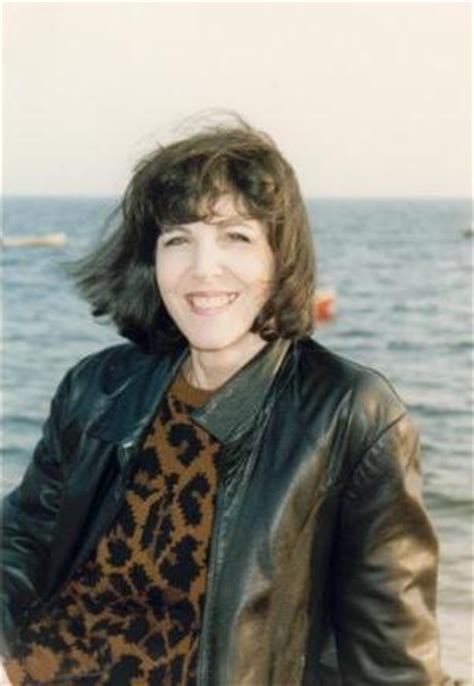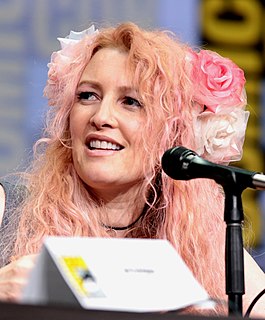A Quote by Gerard Way
Related Quotes
Chris Claremont once said of Alan Moore, "if he could plot, we'd all have to get together and kill him." Which utterly misses the most compelling part of Alan's writing, the way he develops and expresses ideas and character. Plot does not define story. Plot is the framework within which ideas are explored and personalities and relationships are unfolded.
Pretty much all comic-book people, like all Hollywood people, for the most part, are pretty liberal. I think especially UK writers. Alan Moore is probably the most radical guy you'll ever meet. I grew up loving those guys, so my heroes, as a kid, were radical cartoonists, essentially. I couldn't help but - I grew up in a left-wing household. But I do think it's fun, writing right-wing characters. I've found it interesting, just as a writer, to get inside their heads and make them likeable.
































